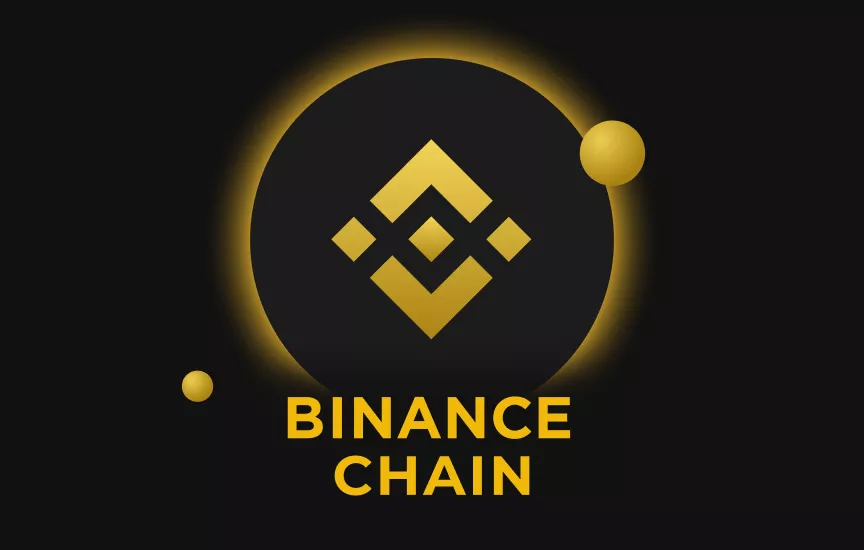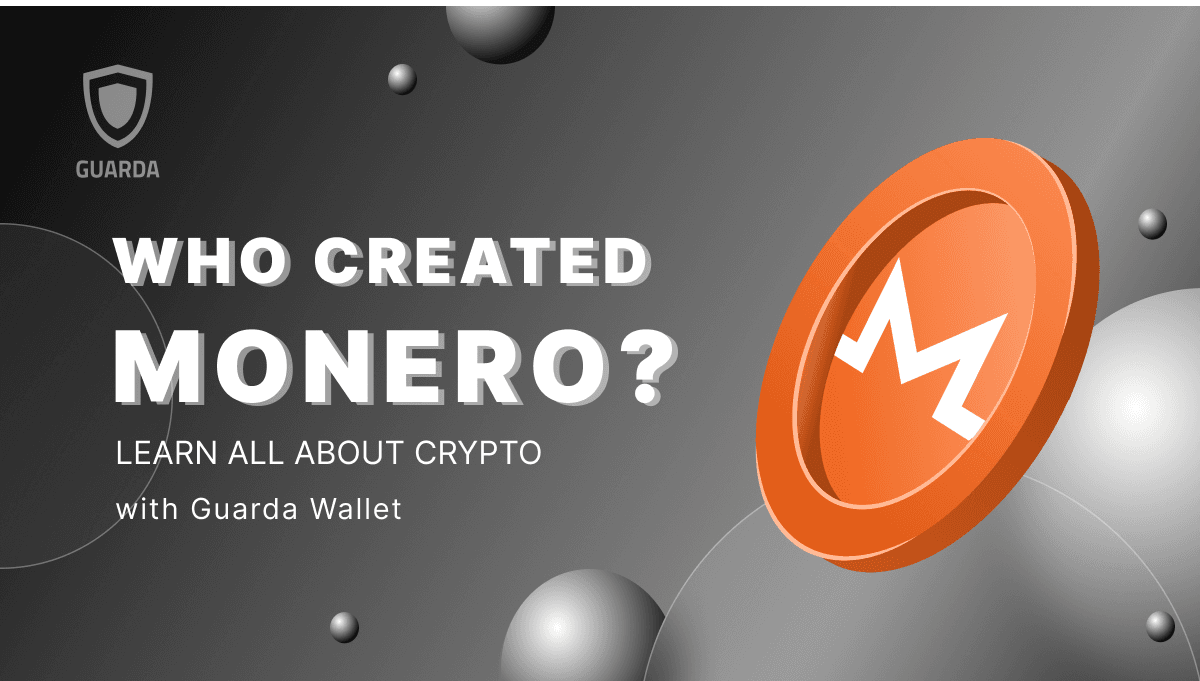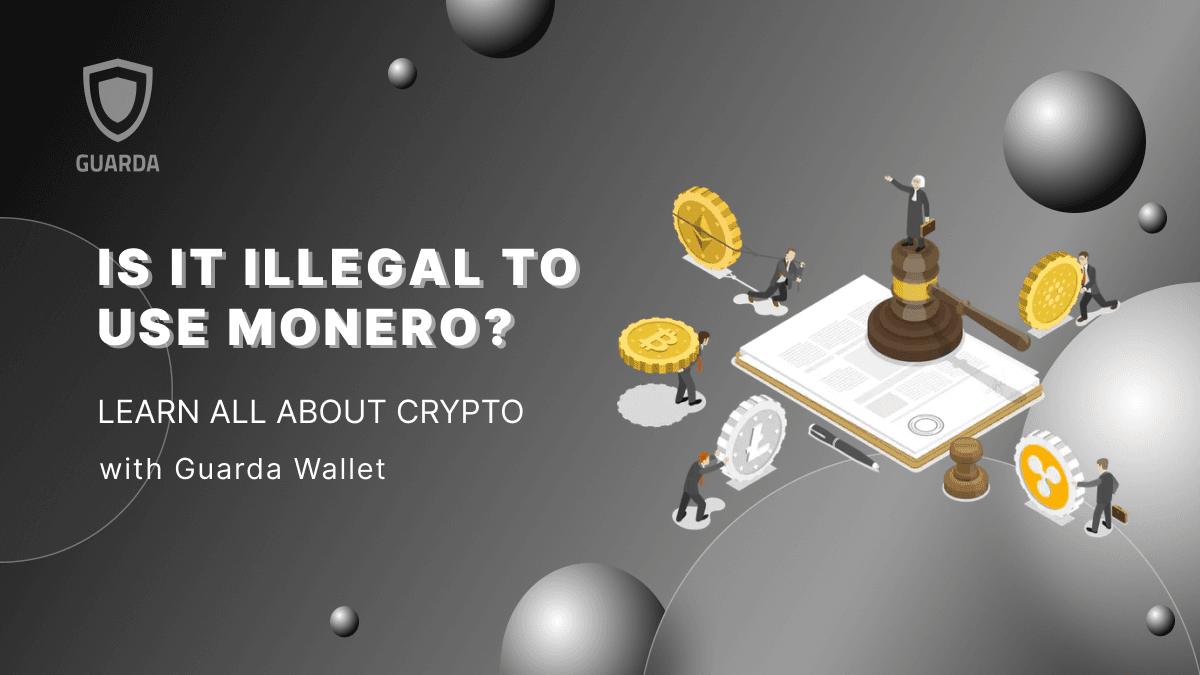Detailed explanation of Binance Smart Chain
In fact, BSC is an alternative to Ethereum: both are blockchains that move synchronously: all applications created on ETH are potentially compatible with BSC. If ETH has such high fees (commissions), it is caused by the fact that the network is overloaded. That means that there are many checks that are performed every second around the world (ETH is exactly a decentralized blockchain). To enter one of these nodes, the user must be willing to pay much more fee than others.
BSC is centralized, the number of nodes is small, but the performance is much higher. BSC is obviously a part of Binance, but it should not be confused with Binance Chain, which is a part of the Binance exchange. Binance Smart Chain instead allows smart contracts and the development of decentralized applications (dApps).
Transferring funds to BSC either from an external wallet or directly from a wallet on Binance is the first thing you should pay close attention to. Binance Chain has BEP-2 (Binance Chain Evolution Proposal 2) standard, while Binance Smart Chain has BEP20 standard.
How does Binance Smart Chain work?
It uses a consensus algorithm called Proof-of-Staked Authority (PoSA), which is a hybrid of share proof and authority proof. Validators on the network are ultimately the ones who bet a certain amount of BNB and then receive a transaction fee when they manage to verify blocks approved by the network.
Both Binance Chain and Binance Smart Chain are designed to work in parallel, and Binance has cross-chain compatibility that includes them with each other. This way, we can transfer assets between blockchains, and we can combine fast trading capabilities of the former with smart contract features of the latter.
Another interesting point is the compatibility of the Ethereum virtual machine. This means that creators of decentralized applications on other blockchains can transfer them to Binance Smart Chain quite easily. This becomes quite handy for decentralized application operators due to Ethereum continued growth and increased commissions. These commissions are also called gas fees.
Binance Chain vs Binance Smart Chain
Binance Chain, launched in 2019, is a blockchain optimized for fast transactions to support Binance DEX, a decentralized exchange that allows users to directly exchange with each other.
Binance Smart Chain, launched in September 2020, is a blockchain platform for the development and distribution of decentralized applications that can use Smart Contracts.
What makes Binance Smart Chain special is its low fees and high transaction speeds, but most special is its compatibility with EVM (Ethereum Virtual Machine). Thanks to EVM compatibility, DApps developed on Ethereum can be ported (imported into Binance Smart Chain as is), and Ethereum wallets such as Metamask can be used as-is.
Key Features of Binance Smart Chain
- The Binance Chain token standard is referred to as BEP-2, and the Binance Smart Chain token standard is referred to as BEP-20. BEP-2 wallet address refers to Binance Chain and BEP-20 wallet address refers to Binance Smart Chain (BSC).
- You can also use DApps or tools as is and use the same wallet address as the one used by Ethereum in Binance Smart Chain, so if you have used Ethereum before, set up a separate wallet and open an account. A feature that you don’t have to create and learn how to use significantly lowers the barrier to entry.
Binance Smart Chain vs Ethereum, which one is better?
The DeFi and NFT boom led to increased traffic on the Ethereum network and revealed its great weakness, scalability. It only allows about 15 transactions per minute, and its fee cost increased significantly.
It was at this point that Binance Smart Chain was able to conquer the market by offering a product compatible with the Ethereum Virtual Machine (EVM). That allows dApps to be relatively easily moved from that network to the BSC network.
It is clear that Ethereum is still the king of decentralized applications today. This surely affects its scalability, because there is high network demand, and its token continues to revalue every single day.
It is also true that users have been forced to look for alternatives to this big Ethereum operating cost problem. That is why the BSC boom provides a safe, fast, and cheap alternative.
Ethereum right now is running based on the Proof-of-Work consensus. This is the reason for the big scalability problem. But if Ethereum 2.0 development is not delayed, we will surely see an interesting struggle between both platforms.
Besides the pros and cons of BSC-based tokens and ETH-based tokens, you can store and send all of them at Guarda Wallet. See the vast list of supported assets. The staking is supported too. See the details and annual yields here.
Other supported tokens
BEP-2 and future BEP-8 standards are BC and BSC compatible tokens. ERC-20 tokens, or BEP-2E tokens as they are called online, support the BSC blockchain. There are ways to further enhance ERC-20 tokens on the platform simply by adding additional identifiers to the asset. Some examples of such identifiers are token name, owner address, and decimal precision definition. This process is called token binding.
How do I become a Binance Smart Chain Validator (BSC)?
If you are a Binance Smart Chain validator, you can earn BNB if people delegate their BNB as a bid to your node. To become a validator for the BSC network, you should:
- Have Binance-compliant hardware.
- Run a full BSC node.
- Bid at least 150 000 BNB.
Obviously, under these conditions, not everyone can run a validator node, which shows that there is currently a big problem with decentralizing the Binance Smart Chain.
Commission costs
BSC and Etherium use a model of gas for transaction fees that measure transaction complexity. BSC users can price gas according to the needs of the network, and miners will prioritize transactions with higher gas prices. However, Ethereum’s London hard fork introduces some new modifications that will likely eliminate the need for high fees. The Ethereum update creates a new pricing mechanism with a base commission per block. The base fee changes depending on the demand for the transaction, eliminating the need for users to price themselves.
Anyway, nowadays BSC is 100% cheaper than Ethereum Blockchain.
A quorum of verification
A validation quorum is necessary to protect the BSC network. There are 21 validators on the blockchain. They are chosen by BNB stackers every 24 hours. Anyone can be a candidate for election as a validator, but only those who belong to the 21 nodes with the highest participation will be selected for the next set of validators.
There is an epoch period for the platform where sets of validators can update the BSC network as needed. Each epoch consists of 240 blocks, which is equivalent to about 20 minutes.
The BSC also implements a cutoff to prevent attackers from verifying inaccurate transactions or double signatures. The hack is designed to expose the attacker and make their attempts extremely costly.
General summary on Binance Smart Chain
As the most popular smart-contract-based blockchain, Ethereum, continues to struggle with congestion, slow transaction speeds, and exorbitant transaction fees, we can expect wider adoption of more affordable alternatives such as BSC in the marketplace. In the event that Ethereum 2.0 implementation is delayed, the community will very likely be forced to use alternative means. Such as, again, Binance Smart Chain.



